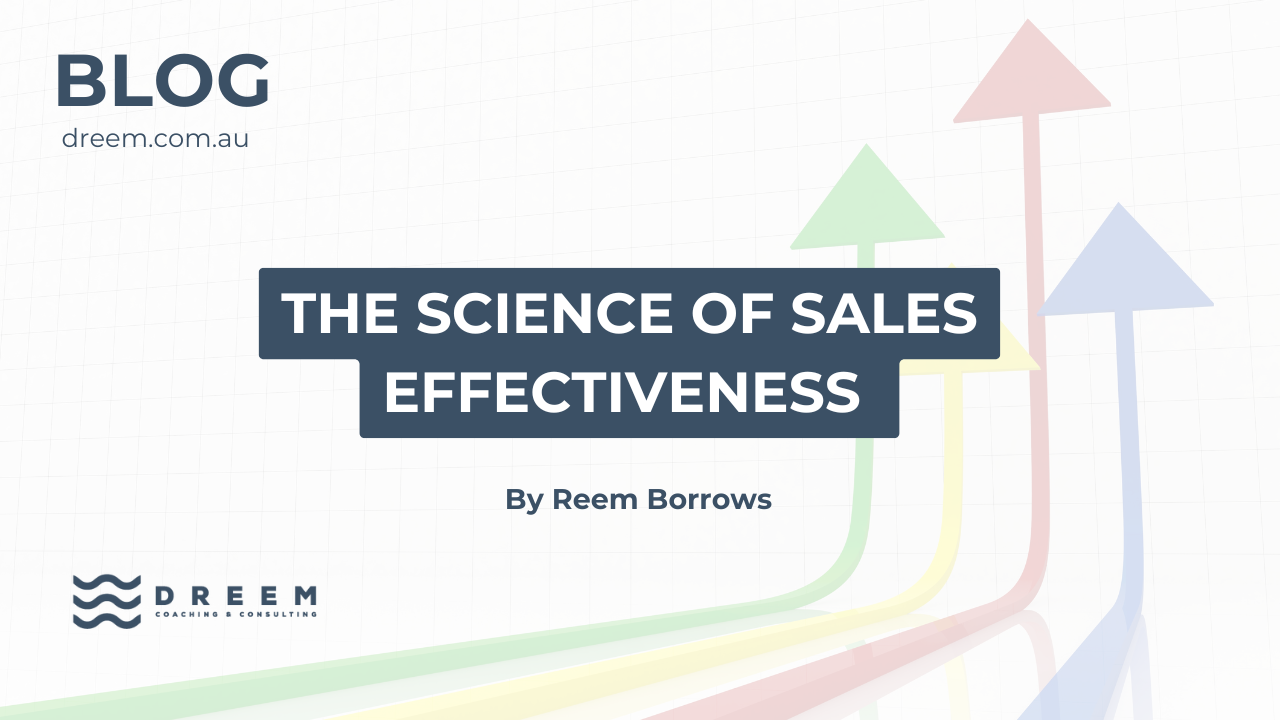
Understanding The Impact of Other People’s Emotions
Every high-performing team is made up of individuals who are driven towards a common set of ambitious goals. The attempt to achieve substantial goals requires substantial input and commitment from all team members, starting at the very top. There are a number of uncontrollable variables that can put a stop to progress in any team, and one of the most common that I come across is the inability to manage emotions, leading to conflict that is not constructive in the workplace and stopping productivity in its tracks.
Your team members aren’t robots, they are delicate human beings that need to be nurtured to help achieve success, and it starts with mastering emotions. Emotional management involves recognising and understanding emotions in yourself and others and navigating how to direct this effectively.
For the self, emotional management is the ability to accept and acknowledge that first of all, you have feelings; second of all, it’s normal for those feelings to change. Our moods are defined by chemical reactions that happen inside our brain, so it’s only natural that we sometimes go through stages of emotions we can consider negative. Feeling fear, grief, disappointment, and anxiety is expected, so it should be equally normal for high-performing teams to work in an environment that comprehends that emotions are fluid and makes provisions for when they inevitably occur.
I was recently working with a sales executive who managed a team of 17 people. Her sales skills were excellent, and she was working on how to become a better leader. Her team’s engagement was low, and they were doing the bare minimum to hit their weekly targets. They weren’t working hard because they were disinterested. Here is a naturally dominant leader whose number one inspiration is results, unable to understand the low morale within her team. The first step was providing her with 360-degree feedback, evaluating what she thought of her leadership, and matching it with what her team thought.
The results were clear, she had dropped the ball on staying in touch with her team on a personal level. She had a talented team but undervalued how critical it was to maintain a basic social relationship with each team member. We worked on turning her weekly individual review meetings with each team member into a more casual and relaxed get-together with a format to keep things moving in a positive way. We looked at ways that the team could share in regular celebrations as a way of rewarding even the smallest wins, and over time the engagement returned.
Self-awareness was her blind spot. It’s something that a lot of high-performance leaders struggle with, as they prioritise developing the skills of their role while building teams and organisations. Emotional management might not be of prime concern, but in order to create the best environment for a team that achieves lofty goals, it has to be something that is consistently considered.
360-degree feedback is one of the best ways to highlight where you can develop further as a leader. If it reveals that you’re falling behind in emotional management, it’s up to you to make the right changes within your organisation to bring your team up.
Beyond self-awareness, creating a culture that promotes emotional intelligence at all levels of the organisation has an influential effect on a number of key factors for success. When team members are encouraged to discuss and recognise their emotions openly, they feel more comfortable within their workspace and can build better relationships with their co-workers.
Understanding the emotional landscape of your team puts you in a stronger position as a leader. Leaders with the capacity to respond to personal issues and setbacks with empathy in compassion yield a greater level of respect from their team. It also provides the team with an environment where they can feel comfortable displaying honesty and transparency about their personal and professional concerns.
To get a start on increasing the emotional management load in an organisation, I recommend the following steps:
Start leading by example
Open up to those around you. Don’t be afraid to discuss what’s going on in your life, the good and the bad. Don’t be afraid to ask people about their personal goals, their honest thoughts on things happening at work, and whatever else that can get them to open up to you and feel secure while doing it.
Promote open communication at all levels of the organisation
Some of the best ideas and conversely, the best critiques of business processes, are often left unsaid. It is understated how many opportunities arise in a high-performance environment where team members feel comfortable expressing thoughts and concerns without fear of judgment or reprimand.
Encourage collaboration
When you put a group of talented, intelligent people in a room together and get them to solve problems as a cohesive unit, the results from both an executive perspective and an emotional management perspective are limitless. Creating dynamic, powerful relationships within your team will pay dividends in the moments when it seems like all hell is breaking loose.
Solve conflicts quickly
Conflict arises when you have ambitious individuals who are working towards greatness. Steve Jobs and Steve Wozniak achieved unparalleled things, but do you think they got along like best friends? Absolutely not. Clashes happen, and sometimes a small amount of conflict can break through roadblocks. It’s up to you as a manager, however, to address them in a respectful manner, and channel the tension into a productive solution.
In summary, emotional management is a critical aspect of leading a high-performance team. Establishing an environment conducive to open communication and idea-sharing is the best basis for achieving lofty goals as a team. The fact is, everyone in your team is a human being with a plethora of unique and external factors affecting their focus and mood every day, and it is up to you to provide them with the comfort they deserve to reach their potential.
Connect directly with us
We hate SPAM. We will never sell your information, for any reason.



